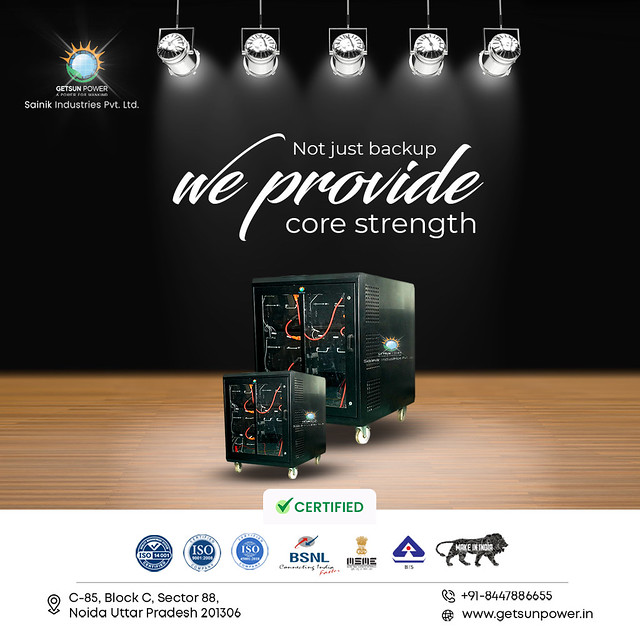Lithium Battery: The Future of Power Storage
Int

roduction:
In recent years, the demand for efficient and high-performance energy storage solutions has been on the rise. This has led to extensive research and development in the field of lithium batteries. In this article, we will explore the manufacturing process, characteristics, advantages, usage methods, tips for selecting lithium batteries and conclude with their significant impact on various industries.
Manufacturing Process:
Lithium-ion batteries are commonly used in many portable electronic devices due to their superior performance. These rechargeable powerhouses are manufactured using a complex process involving several lithium battery key steps. First, a cathode material is prepared by mixing lithium compounds like Lithium Cobalt Oxide (LiCoO2) or Lithium Iron Phosphate (LiFePO4) with conductive additives. Similarly, an anode material such as graphite is mixed with binders to form a stable structure. These materials are then coated onto metal foils which act as current collect Lithium cell ors. Next, they are assembled into cells along with separators soaked in electrolyte solution containing lithium salts dissolved in organic solvents like ethylene carbonate or dimethyl carbonate.
Characteristics:
– High Energy Density: Lithium batteries have one of the highest energy densities amongst all commercially available battery technologies.
– Lightweight: Due to their low atomic weight and compact design structure t lithium battery hese batteries possess excellent weight-to-energy ratios.
– Long Cycle Life: With proper care and protection circuits controlling charging rates, these batteries can last around 500 full charge-discharge cycles before capacity starts degrading.
– Fast Charging Capability: Li-ion battery Compared to other rechargeable battery types such as lead-acid or nickel-cadmium ones – lithium-ion batteries feature rapid charging capabilities due to lower internal resistance.
Advantages:
1. Versatility: The use of different electrode materials allows manufacturers flexibility to engineer specific properties tailored for various applications ranging from consumer electronics to electric vehicles.
2. Lower Self-Discharge: Lithium batteries have a lower self-discharge rate compared to other rechargeable battery chemistries. This means that they can retain their charge for longer periods without losing significant capacity.
3. Environmentally Friendly: These batteries do not contain harmful heavy metals like lead or cadmium, making them environmentally fr lithium battery iendly during use and disposal.
4. Improved Safety: Advanced control systems and safety features are integrated into lithium batteries to prevent overheating, overcharging,

or short circuits.
Usage Methods:
Lithium batteries find applications in numerous fields due to their versatility and superior performance characteristics. Some common areas of application include:
1. Consumer Electronics: From smartphones and laptops to digital cameras and smartwatches, lithium-ion batteries power our everyday gadgets.
2 lithium battery . Electric Vehicles: Lithium-ion cells provide the necessary power for electric vehicles (EVs) while offering greater energy density than traditional combustion engines.
3. Renewable Energy Storage: With an increasing focus on renewable energy sources such as solar photovoltaic panels or wind turbines – lithium storage solutions help store excess electricity generated during peak production hours for later use.
How to Select the Right Lithium Battery:
When choosing a lithium battery, several factors must be considered:
1. Capacity Requirement: Determine the required capacity (measured in ampere-hours) based on your device’s power needs versus its expected usage cycle.
2. Voltage Compatibility: Ensure that the battery voltage matches your device’s req Lithium-ion battery uirements; mismatched voltages can damage both the device and the battery itself.
3 Temperature Range Considerations: Extreme temperatures can affect lithium battery performance; check if i lithium battery t is suitable for operating conditions where you intend to use it.
Conclusion:
In conclusion, lithium-ion batteries have revolutionized power storage technologies with their high-energy density, long cycle life, improved safety features,sand environmental friendliness.They have become an integral part of our daily lives powering portable electronics and driving sustainable transportation solutions.The continued research and development in lithium battery technology will only lead to further advancements, making them an indispensable part of our future energy needs. With increasing awareness and mass adoption, we are bound to witness a greener and more efficient world powered by thes lithium battery e advanced energy storage solutions.
